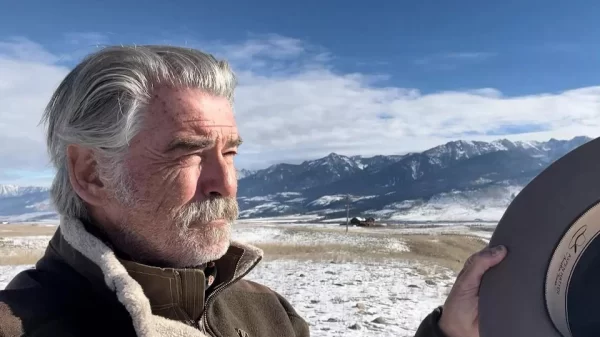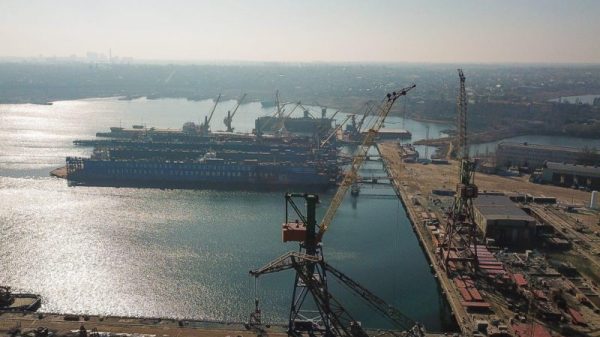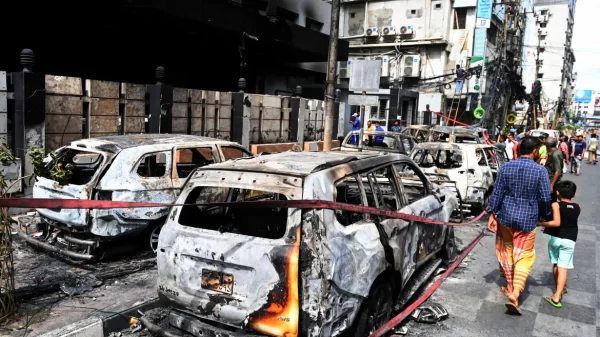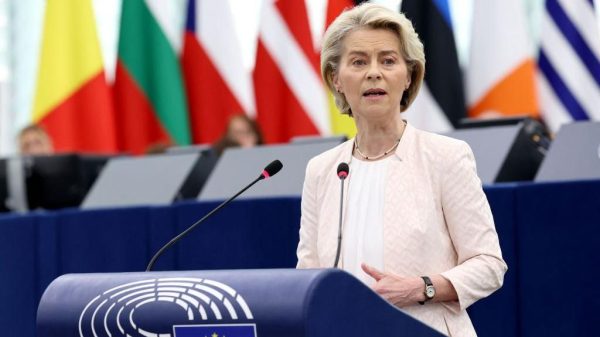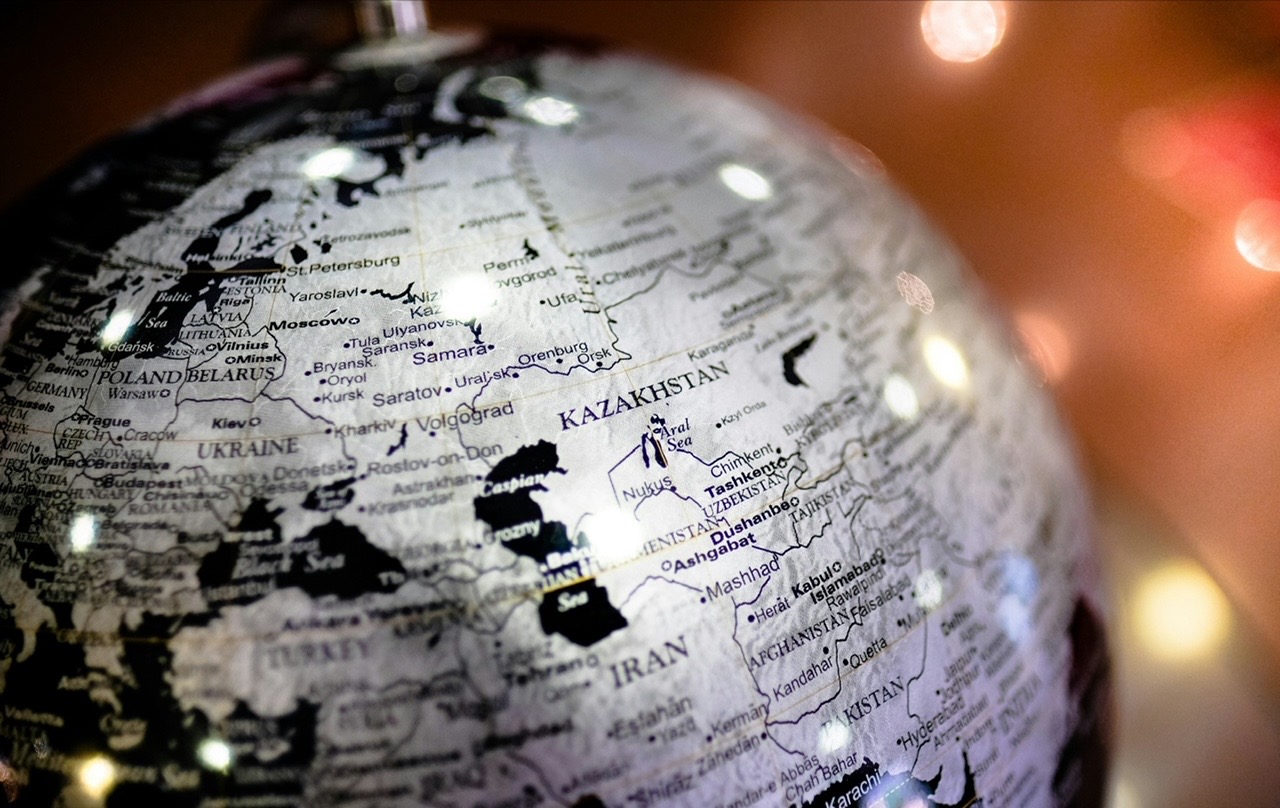In what could prove to be a decisive breakthrough in the conflict between Azerbaijan and Armenia, the two countries have agreed to talks between their foreign ministers, hosted by Kazakhstan. At their meeting in Almaty, the ministers will be tasked with preparing a peace treaty, writes Political Editor Nick Powell.
Kazakh President Kassym-Jomart Tokayev has expressed his country’s readiness to assist in facilitating peace treaty negotiations and called for the establishment of a long-term peace between Armenia and Azerbaijan. “I proceed from the understanding that the upcoming meeting will contribute to the practical implementation of the Azerbaijani-Armenian agreements and will contribute to the soonest establishment of a lasting peace in the South Caucasus”, he said.
There is a certain symbolism in holding the peace talks in Almaty. The former Kazakh capital was the venue for the signing of the historic Alma-Ata Declaration in December 1991, which laid the foundation for the countries of the Commonwealth of Independent States to develop independently. It endorsed the principles of determining the borders between former Soviet republics, principles that Azerbaijan ultimately asserted through the reconquest of Armenian-occupied territory.
Kazakhstan has an advantage on this end as a mediator, according to Gulkhanim Mammadova, a research fellow with a focus on peacebuilding and conflict transformation at the Topchubashov Center think-tank in the Azeri capital, Baku. She points out that Kazakhstan’s history of mediating the Armenian-Azerbaijani conflict goes back to the early 1990s, when then-President Nazarbayev, along with his Russian counterpart Boris Yeltsin, facilitated the first-ever Armenian-Azerbaijani peace accord.
Called the Zheleznovodsk Communiqué of 1991, the agreement aimed to stop violence in the Karabakh region. “But this agreement’s life was cut short by its fundamental call for ceasefire not being adhered to”, Gulkhanim Mammadova recalls. “The most egregious violation being the shoot-down of the helicopter carrying a peacekeeping mission”.
The victims of the Armenian attack in November 1991included Kazakhstan’s Deputy Minister of Internal Affairs, as well as Azerbaijani government officials. “The loss of a high-ranking Kazakhstani official in such circumstances may have contributed to Kazakhstan scaling back its efforts to mediate between Armenia and Azerbaijan”, she believes.
Gulkhanim Mammadova also cites Kazakhstan’s wider mediation experience. “The Astana talks on Syria serve as a prominent example of the extent to which Kazakhstan could play a role in conflict management. Additionally, during its tenure as the Chair of the OSCE, Kazakhstan played a significant role in mitigating the crisis in neighbouring Kyrgyzstan. One notable instance was its intervention in facilitating the removal of the ousted President Kurmanbek Bakiyev from the country. This action helped to alleviate tensions and stabilise the situation in Kyrgyzstan.
“Kazakhstan’s offer to become a facilitator in the Armenia-Azerbaijan conflict is rooted in its aspirations to deepen engagement in the South Caucasus region. As a landlocked country, Kazakhstan recognises the importance of enhancing connectivity and access to global markets. Consequently, it views its relations with Azerbaijan and Armenia as pivotal pathways to Europe.
“By fostering closer ties with these South Caucasus nations, Kazakhstan aims to position itself as a gateway to Europe, leveraging the potential of the Trans-Caspian Trade Route and other regional transportation networks. In this regard, it might have a direct stake in the opening of communications between Armenia and Azerbaijan. Astana also understands that the more stable and peaceful the South Caucasus is, the greater the economic opportunities for Kazakhstan”.
The need to improve transit across the Caspian Sea, a key section of the crucial Middle Corridor trade route between Asia and Europe, has intensified the already close bilateral relations between Kazakhstan and Azerbaijan. But President Tokayev has also sought to develop relations with Armenia, meeting Prime Minister Nikol Pashinyan in Yerevan on April 15.
The two leaders reaffirmed their strong commitment to enhancing multifaceted ties, with the President stressing the significance he placed on his official visit, considering it as an important stage in the development of bilateral relations. The Prime Minister also noted the dynamic development of mutual ties and expressed his readiness to collaborate to bring Armenian-Kazakh relations to a new level.



